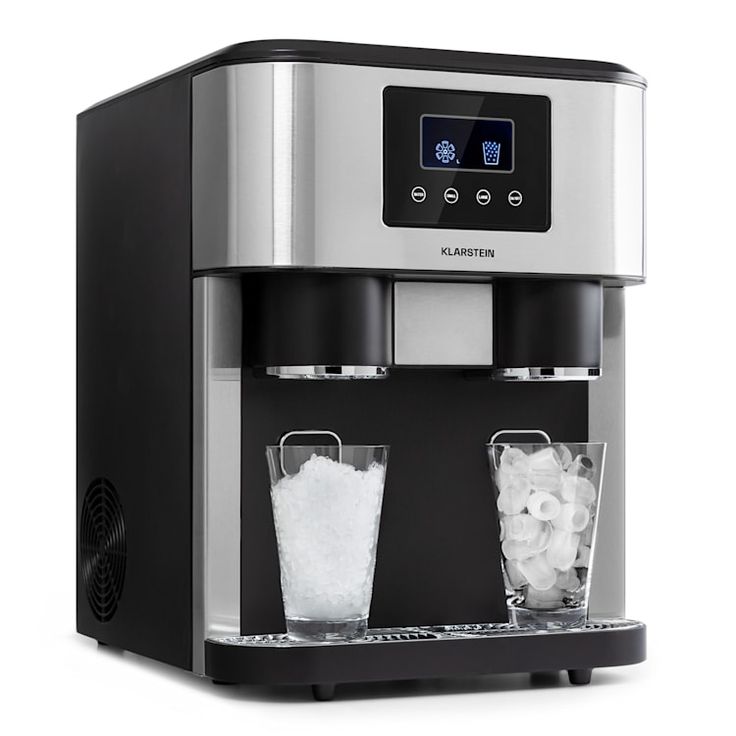Compact refrigerators, often affectionately called mini-fridges, have become a staple in various settings, from dorm rooms and home offices to small apartments and wet bars. Their appeal lies in their ability to provide convenient cooling in limited spaces. However, like any appliance, they come with their own set of advantages and disadvantages. Before investing in a compact refrigerator, it’s wise to weigh these pros and cons to determine if it’s the right fit for your lifestyle and needs.
Pros of Owning a Compact Refrigerator
The benefits of a mini-fridge often revolve around convenience, space-saving, and specialized utility.
- Space Efficiency: This is arguably the biggest advantage. Compact refrigerators are designed to fit into tight corners, under desks, or in small nooks where a full-sized fridge would be impossible. They free up valuable floor and counter space in small living areas.
- Convenience and Accessibility: Having cold drinks, snacks, or essential medications within arm’s reach can significantly enhance comfort and reduce interruptions, whether you’re studying, working, or relaxing.
- Cost-Effective: Generally, compact refrigerators have a lower upfront purchase price compared to their full-sized counterparts. They also typically consume less electricity, leading to lower ongoing utility bills.
- Portability: Many models are lightweight and easy to move, making them ideal for dorm rooms, RVs, camping trips, or simply relocating them within your home as needed.
- Specialized Storage: Perfect for specific needs, such as storing breast milk in a nursery, skincare products in a bedroom, or a dedicated stash of beverages for a home bar.
- Reduced Food Waste (for some): For individuals or small households, a compact fridge encourages buying less in bulk and consuming food more quickly, potentially reducing spoilage.
- Supplemental Storage: In larger homes, a mini-fridge can serve as a valuable overflow unit for drinks, party supplies, or items that don’t fit in the main refrigerator.
Cons of Owning a Compact Refrigerator
Despite their advantages, compact refrigerator do come with certain limitations and drawbacks.
- Limited Capacity: By definition, they are small. This means less storage space for groceries, leftovers, and larger items. They are not suitable as a primary refrigerator for families or individuals who cook frequently.
- Inefficient Freezer Compartments (Often): Many single-door compact fridges include a small “chiller” compartment that doesn’t maintain true freezer temperatures consistently. Items may not stay solidly frozen, and these compartments are prone to frost buildup, requiring frequent manual defrosting. True freezer compartments (with separate doors) are better but add to the unit’s size and cost.
- Noise Levels: While some models are designed for quiet operation, many compact refrigerators, especially budget-friendly compressor-based units, can produce a noticeable hum or cycling noise that might be disruptive in quiet environments like bedrooms or offices.
- Energy Efficiency (Relative): While they use less energy than a full-sized fridge, a compact fridge running 24/7 in addition to a main refrigerator can add to your overall energy consumption. Not all compact fridges are ENERGY STAR® certified.
- Lack of Advanced Features: You typically won’t find features like ice makers (unless it’s a specialized, larger compact unit), water dispensers, or advanced temperature controls common in full-sized refrigerators.
- Durability Concerns (for cheaper models): Lower-priced compact fridges might have less robust construction, potentially leading to a shorter lifespan compared to higher-end models or full-sized appliances.
- Ventilation Requirements: Like all refrigerators, compact units need adequate airflow around their vents. Cramming them into a tight, unventilated space can lead to overheating, reduced efficiency, and premature failure.
Is a Compact Refrigerator Right for You?
The decision to purchase a compact refrigerator depends heavily on your specific needs. If you need a primary fridge for a family, it’s likely not sufficient. However, if you’re a student, live in a small studio, or need a convenient secondary cooling solution for drinks, snacks, or specialized items, the space-saving and accessibility benefits can far outweigh the limitations. Carefully consider your storage requirements, available space, and budget to make the best choice.
Conclusion
Compact refrigerators offer a compelling solution for maximizing cooling in minimal spaces. By understanding their inherent pros and cons—from unparalleled convenience and space-saving design to limited capacity and potential noise—you can make an informed decision that perfectly aligns with your lifestyle, ensuring your compact fridge becomes a valuable and efficient addition to your home or office.

